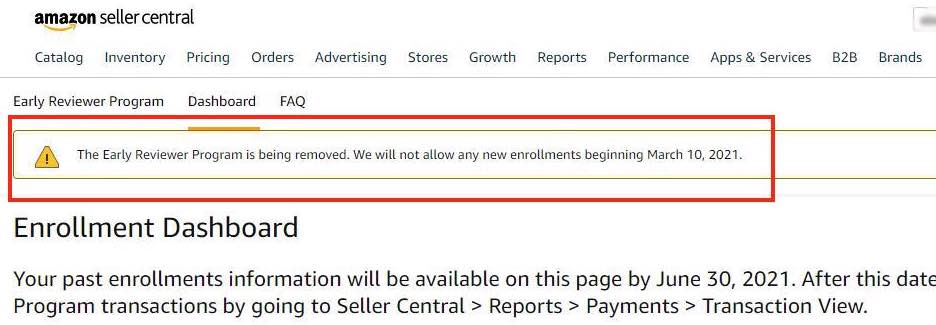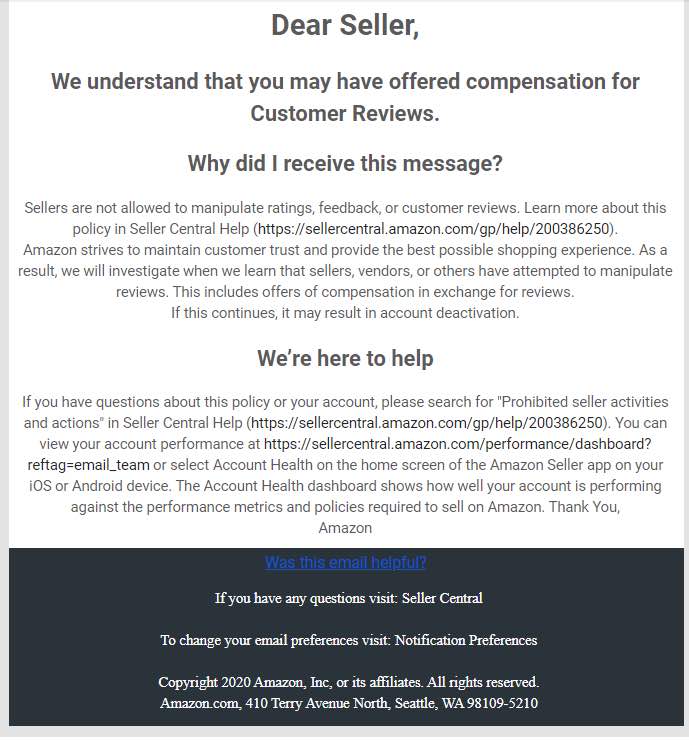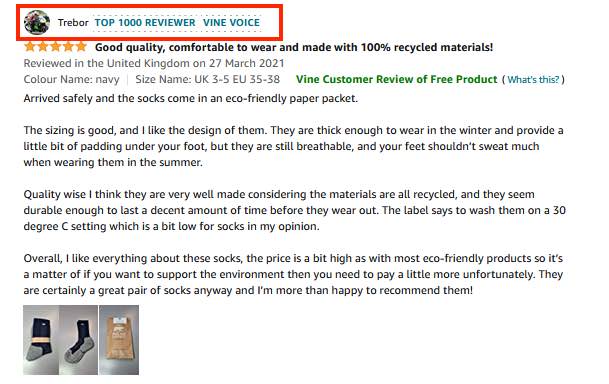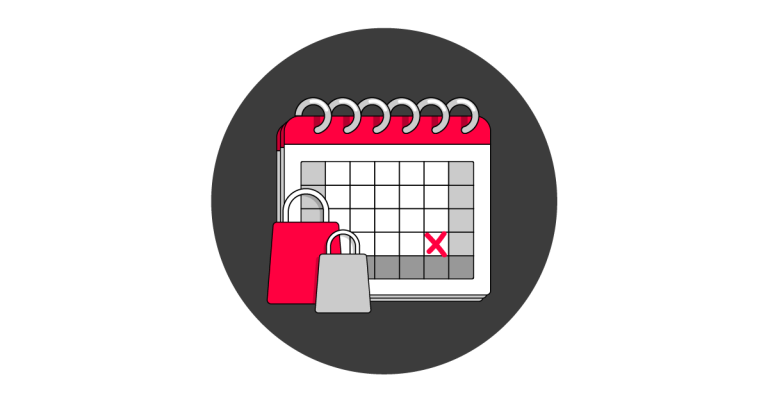Amazon closed its popular “Early Reviewer Program” in March. Click image to enlarge.
Amazon’s review system is not broken. The company has tightened its review model over the past few years, making it much more difficult to manipulate. Even if they initially succeed, sellers who manipulate reviews cannot feel secure. Amazon could detect it later, resulting in a suspended product or account.
Apart from Vine, reviews are normally developed organically from selling a product. Crucially, review quality is not as strong as the conversion rate for a product to rank on Amazon. I have outranked major competitors that have many more reviews volumes by making a product desirable and providing a better customer experience.
Preventing Fraudulent Reviews
Closure of Early Reviewer Program. Amazon closed its popular “Early Reviewer Program” in March without warning. The program, open only to new products with fewer than five reviews, allowed customers to leave a review in exchange for an Amazon gift card.


Analyzing reviews. I’ve experienced a product review never going live despite the customer being known to the seller. Amazon’s review system presumably selected the person leaving the review because he shared a surname with the beneficiary in the seller account. Similar reviews had gone through.
One review email only. Another key seller tactic for product feedback was to contact customers repeatedly that haven’t left a review. This, too, has also been stopped by Amazon. Sellers can only send a single email, using a third-party vendor, to Amazon’s customers.


Sellers who ask for reviews and offer incentives risk being warned by Amazon of a violation. Click image to enlarge.
Reviews from Vine participants often feature images and detailed descriptions. Amazon discloses that the review is from a “Vine Voice” customer. Click image to enlarge.
A seller’s only source now to solicit reviews is through the “Vine” program, a selection of Amazon customers known for leaving detailed product reviews as critical as they are stunning. A Vine participant “must be a Professional selling partner, have registered a brand in Amazon Brand Registry, be identified as a brand owner, and have eligible FBA offers.”
Reviews from Vine participants often feature images and detailed descriptions about the usage and features of the product. Amazon discloses that the review is from a “Vine Voice” customer.


Nonetheless, the overwhelming percentage of reviews are legit. Moreover, Amazon continues to adopt practices that make fraudulent product reviews a thing of the past.
What’s to Fix?
According to Marketplace Pulse, Amazon has recently removed hundreds of China-based sellers that were manipulating customer reviews, despite those sellers producing annual sales of billion or more. Some of the products removed were featured as bestsellers in their category. In 2020 Amazon stopped over 200 million suspected fake comments before being published.



![What is Hulu Advertising [OTT]?](https://research-institute.org/wp-content/uploads/2021/04/what-to-know-before-you-sell-your-small-business-768x432.png)


